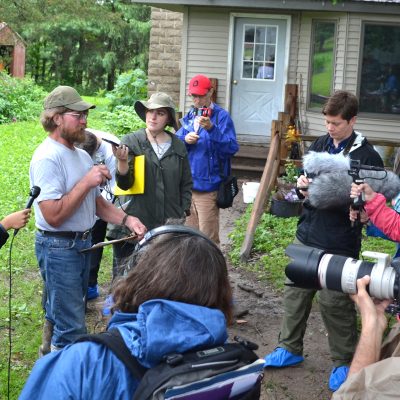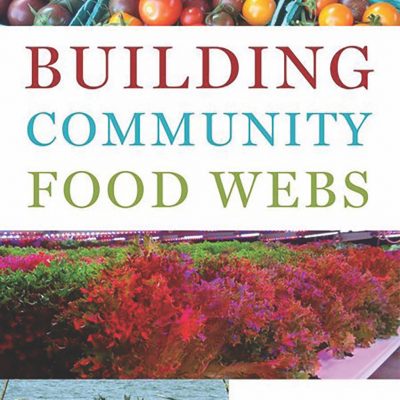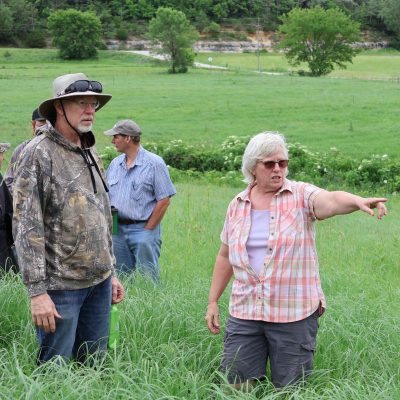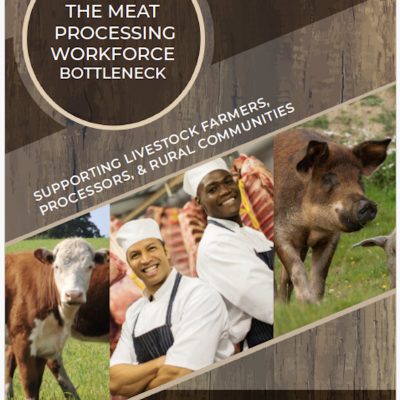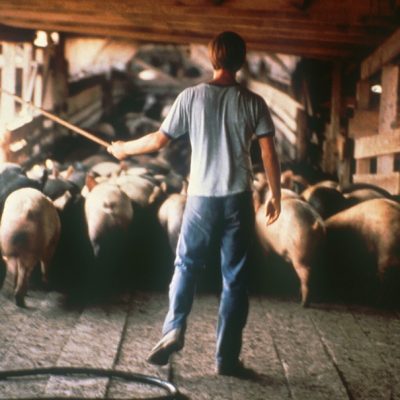Land Line: Soil Health, Hunger, Govt. Accountability, Ag Recession, Slaughterhouse Speeds, Checkoffs
Improving Soil Health Not Just Feel-Good Endeavor (4/1/25) Indiana Prairie Farmer describes how Rodney Rulon’s 30-year soil health journey utilizing no-till and cover cropping is paying dividends not just environmentally, but economically as well. Highlights: The National Association of Conservation Districts and the Soil Health Institute performed a budget analysis on 29 farms across the… Read More →
